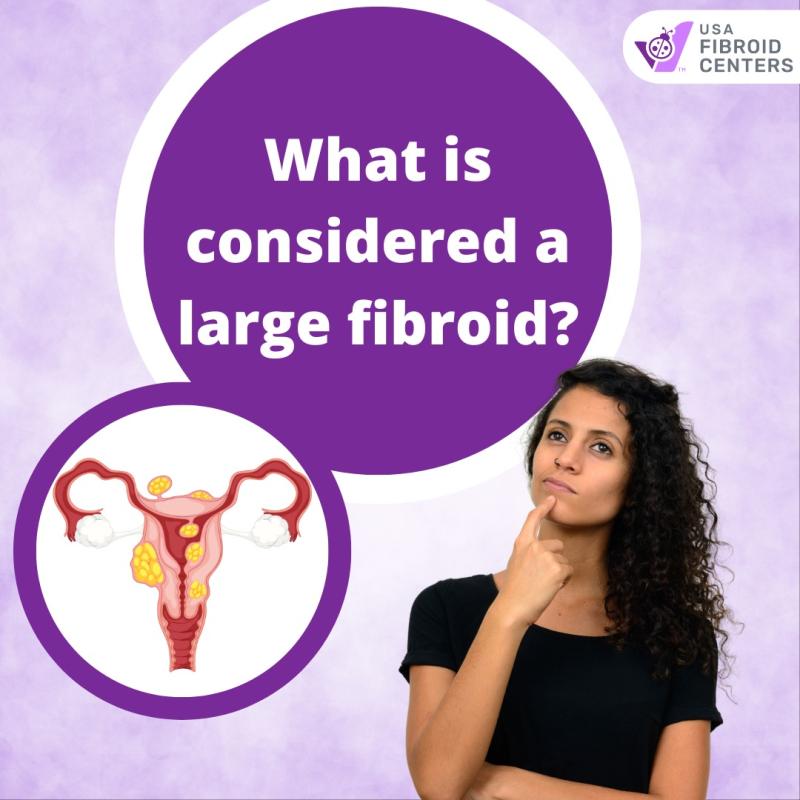What Makes UFE Fibroids Treatment Effective for Large Growths?

Uterine
fibroids affect countless women, causing symptoms like heavy bleeding, pelvic
pain, and pressure. These benign tumors vary in size and location, with large
fibroids presenting unique challenges. While traditional surgical options like
hysterectomy and myomectomy are common, Uterine Fibroid Embolization (UFE) is gaining
recognition as a minimally invasive alternative. Let’s delve into how UFE can
address large fibroids effectively and improve women’s quality of life.
What Are Large Fibroids?
Fibroids,
or leiomyomas, are non-cancerous growths in or around the uterus. When fibroids
grow larger than a few centimeters, they are considered "large."
These growths can distort the uterus, press against other organs, and
exacerbate symptoms. Large fibroids can be particularly problematic, leading
many to seek effective treatment solutions like UFE.
How UFE Targets Fibroids
UFE
fibroids treatment is a non-surgical procedure that cuts off the blood
supply to fibroids, causing them to shrink over time. An interventional
radiologist performs this procedure by injecting tiny embolic particles into
the uterine arteries via a catheter. These particles block the fibroids’ blood
flow, leading to their gradual reduction without harming the surrounding
tissues.
Advantages of UFE for Large
Fibroids
Non-Surgical Solution: Unlike myomectomy or hysterectomy, UFE doesn’t require
incisions, leading to less pain and faster recovery.
Preserves the Uterus: UFE retains the uterus, making it a preferred choice for women
who wish to avoid surgery.
High Success Rate: Studies show that UFE significantly reduces symptoms in most
women, including those with large fibroids.
Shorter Recovery: Most patients return to normal activities within one to two
weeks, unlike the months required for surgical recovery.
Effectiveness of UFE on Large
Fibroids
Large
fibroids often cause severe symptoms, including heavy menstrual bleeding,
anemia, and urinary issues. Research indicates that UFE effectively shrinks
large fibroids by 30-50% within six months of treatment. The size reduction
alleviates pressure on surrounding organs, improves symptoms, and enhances
overall well-being.
The UFE Procedure: What to Expect
Initial Consultation: Patients meet with an interventional radiologist to discuss
symptoms and review imaging scans.
Procedure Day: The outpatient procedure begins with mild sedation. A small
incision is made in the groin or wrist to insert a catheter.
Embolization: Embolic particles are delivered to block blood flow to the
fibroids.
Recovery: Patients typically go home the same day and resume daily activities
within a week.
Comparing UFE with Surgical
Options
While
surgery may seem like the definitive solution, it comes with risks, longer
recovery times, and permanent uterine removal in the case of hysterectomy.
UFE offers a safe and effective alternative, especially for women who are not
candidates for surgery due to medical conditions or personal preferences.
Myths About UFE Fibroids Treatment
Myth:
UFE is only for small fibroids.
Fact:
UFE is effective for fibroids of all sizes, including large ones.
Myth:
UFE is a risky procedure.
Fact:
UFE has been performed successfully for decades with minimal risks.
Myth:
UFE is not a permanent solution.
Fact:
UFE significantly reduces fibroid symptoms for most women, with long-term
effectiveness.
Success
Stories of UFE for Large Fibroids
Numerous
women have regained control of their lives after undergoing UFE. Patients
report reduced bleeding, less pain, and restored energy within weeks of the
procedure. Real-life experiences underscore UFE’s transformative impact,
particularly for those with large fibroids.
Is UFE Right for You?
Choosing
the right treatment depends on individual needs, fibroid size, and overall
health. UFE is an excellent option for women seeking a minimally invasive,
effective solution without surgery. Consulting a fibroid specialist will help
determine if UFE is suitable for you.
The Future of UFE for Fibroids
As
technology advances, UFE continues to evolve, offering even better outcomes for
women with fibroids. Its growing popularity underscores its role as a
game-changing solution in fibroid care.
Conclusion
UFE
fibroids treatment is a proven, minimally invasive method to address large
fibroids. By targeting the root cause and reducing symptoms, UFE empowers women
to reclaim their health and well-being. If you’re seeking a non-surgical
solution for large fibroids, consult a UFE specialist to explore this
life-changing option.

Comments